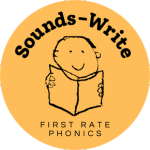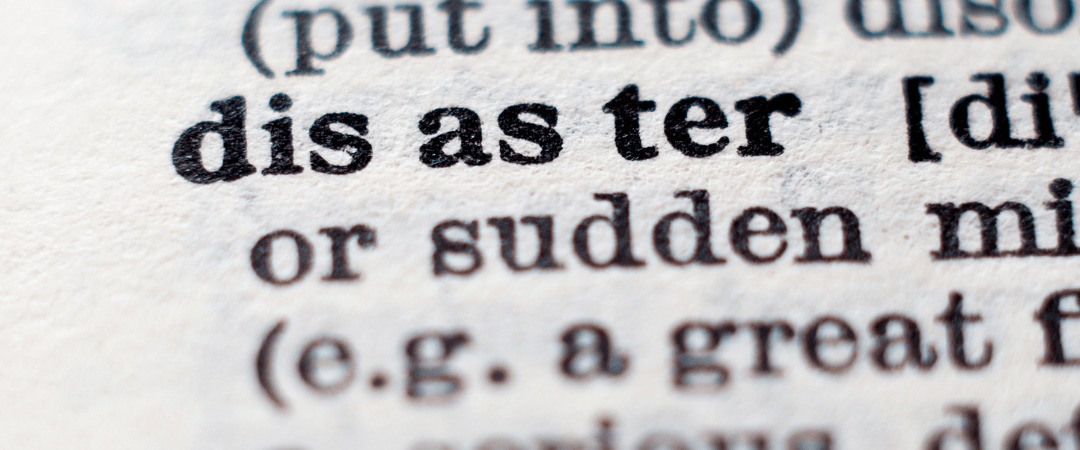We had the pleasure of visiting Corpus Christi Primary School in Bournemouth a few weeks ago, and saw a calm, friendly school and some excellent Sounds-Write teaching throughout the school. And I mean throughout the school, because phonics is not something that stops after the PSC is done and dusted but continues all the way up to Y6.
Phonics Lead and Y5 teacher Jade Whiting invited us to her class, where students were analysing the word ‘disastrous’.
They started by looking up the word ‘disaster’ in the dictionary and discussing its meaning, something which is essential in a school where half the students speak English as an additional language.

When analysing the word, the emphasis was on the ‘difficult bit’ for most of the students, which was the spelling of the suffix -ous (meaning ‘full of’). It was difficult for some, of course, because the < ou > spelling is a schwa. Saying it in a ‘spelling voice’ and following the Sounds-Write Lesson 15 script, the students analogised it to other words with the same suffix so they could make the spelling ‘sticky’.
However, as we often see in Sounds-Write schools with teachers and students who get bitten by the etymology bug, the discussion then turned to other parts of the word: dis-, here meaning ‘ill’ (as in the English mis-) and astro, which the students recognised from the word ‘astronaut’ as meaning ‘star’ (or planet). The conversation of course veered to thinking about a disaster as being something that is ‘ill-starred’, ‘ill-fated’ or ‘unlucky’ (some of you may be thinking Romeo and Juliet!).
As is often the case when discussing spelling and meaning of words in a Sounds-Write lesson, the students were excited about the etymology of the word and were keen to tell us about the etymology of another word they had recently been discussing: Scandinavia. I’d never thought about it, but of course it makes perfect sense!
As we say on the Sounds-Write in Y3-6 course, one of the ways to make learning permanent is to make it memorable, and it is these quirky talking points that help students to remember words and link them to other ideas and knowledge that they might already have. Different students will invest in this in different degrees but, hopefully, something about the information, particularly if well-delivered or scaffolded by an enthusiastic teacher, will catch the students’ interest. These ‘nerdy nuggets’ also suggest to students the idea that behind or around a word there can be many associations that extend from meaning to history, culture and other fields of knowledge.
To put the word ‘disastrous’ into context, the students finished by writing some ‘because, but, so’ sentences following Hochman and Wexler’ Writing Revolution, which, as those of you who have done our Sounds-Write in Y3-6 course will know, we strongly recommend.
If you’d like to read our case study about Corpus Christi, Catholic Primary school, you’ll find it here.
And if you’d like to find out more about the word ‘disastrous’ check out the etymonline entry here.

